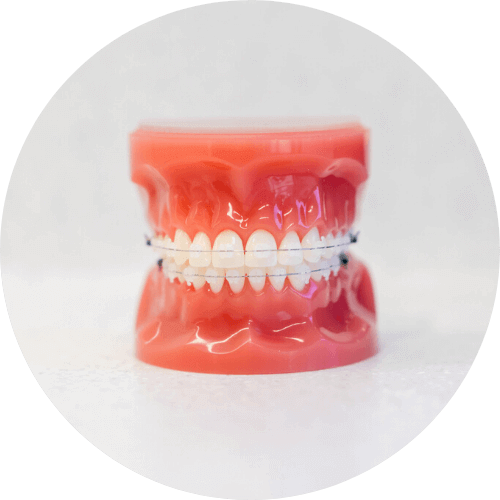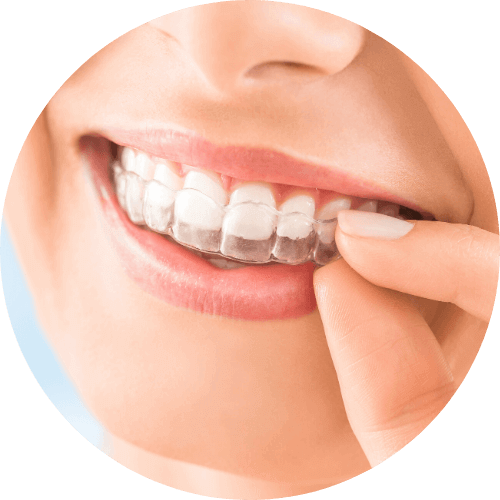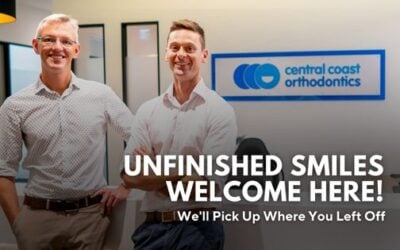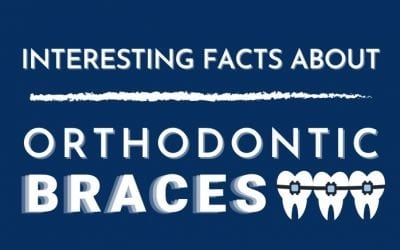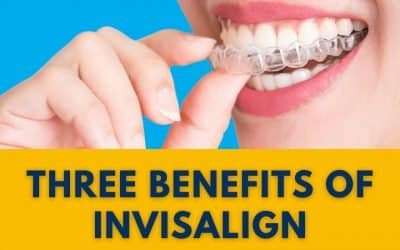5 Facts About Orthodontics
Orthodontics has Greek Origins
While the practice of orthodontics was actually started by a Frenchman, the word ‘orthodontics’ comes from Greece. ‘Ortho’ means to straighten or correct, while ‘odont’ comes from the Greek word odous, which means tooth.
The First of Its Kind
Pierre Fauchard, a French dentist, wrote about an orthodontic appliance in his 1728 book on dentistry, The Surgeon Dentist: A Treatise on the Teeth. The bandeau was a horseshoe-shaped piece of metal that was tied to the teeth to help align them. Thankfully, we’ve come a long way since then!
The Midas touch
Today, orthodontic appliances can be made from different materials including metal, plastic and even ceramics. But at the start of the 1900s gold was often used as it is malleable – allowing it to be stretched and adjusted. Consequently, patients had to see their orthodontist regularly for adjustments and orthodontic treatment was reserved for the wealthy. The use of cheaper, stronger and more flexible wire alloys later in the 20th Century made orthodontic treatment more accessible to the masses.
Crooked Teeth are Nothing New
We already mentioned that many Neanderthals had evidence of crooked teeth, but did you know that archaeologists have found Egyptian mummies with crude metal bands wrapped around their teeth? Even Hippocrates was writing about ‘irregularities’ of teeth around 400 BC.
Orthodontics Is a Dental Specialty
The first-ever orthodontist – that is, a qualified dentist who limited their practice to moving teeth and aligning jaws – was Edward H. Angle, an American who is often thought of as the father of modern orthodontics. He went on to found the American Society of Orthodontists and taught in the field in the United States.

DISCLAIMER:
The content has been made available for informational and educational purposes only. Central Coast Orthodontics does not make any representation or warranties with respect to the accuracy, applicability, fitness, or completeness of the content.
The content is not intended to be a substitute for professional personal diagnosis or treatment. Always seek the advice of your dentist or another qualified health provider with any questions you may have regarding a dental or medical condition. Never disregard professional advice or delay seeking it because of something you have read or seen on the Site.
Learn More About
Related Articles
Unfinished Smiles Welcome Here – We’ll Pick Up Where You Left Off
Is Smile Direct Club’s insolvency leaving your teeth realignment process stranded? As Invisalign Diamond Plus providers…
Interesting Facts About Orthodontic Braces
Wanting to get orthodontic braces but feeling unsure because you don't have knowledge about its...
Three Benefits of Invisalign
Did you know that aside from being an option for straightening your teeth, there are also benefits...
Metal Braces: Does This Traditional Dental Technology Have a Future?
Of all the medical professions, dentistry has always generated the most fear and continues to;...

